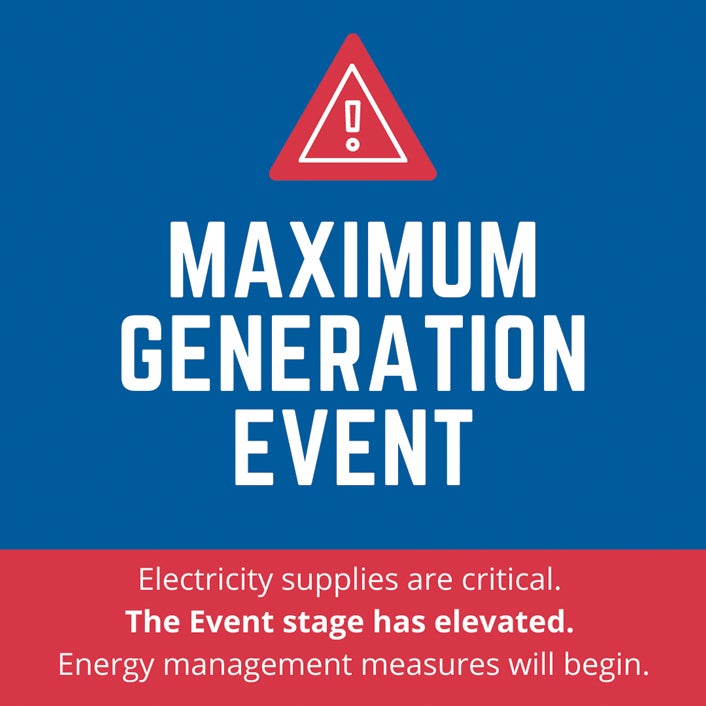You can help balance supply and demand
Electric$ense energy management is a name that better reflects what was previously called load management. It helps reduce electricity use when demand for it is high which can lead to spikes in electricity prices. Those regular spikes can lead to future rate increases. Reducing demand through energy management helps keep electric rates stable for all members. MiEnergy Cooperative offers four energy management strategies. Energy management involves techniques such as interrupting water heaters or air conditioners for short periods of time. This reduces our wholesale power supplier's total demand during peak use hours, generally between 3 and 9 p.m. Extremely warm or cold weather also creates an enormous amount of demand on the energy system, with the increase in air conditioner and furnace use.



